Number 85
- Cogs of corruption and control
- Fake new world
- Down with the techno-dictatorship!
- Georges Lapierre: an organic radical inspiration
- Acorninfo
1. Cogs of corruption and control

by Paul Cudenec
It is only in the last year or two that I have grasped the reality that our world today is literally ruled by one single corrupt financial-industrial-military institutional entity, the thing that I have now taken to calling the criminocracy.
Thanks to my research and reading, I am now absolutely certain that this is so, but I know that it is a picture that can seem exaggerated and outlandish to many.
Even some fellow dissidents still imagine that Russia and China remain outside of the Rothschild-led global banking system, for instance, and thus welcome the emergence of the BRICS hegemony.
Like me, they applaud African impatience with Western neocolonialism, but without fearing, as I do, that all the talk of self-determination is just cover for a transfer of imperialist “development” of the continent and its people into the hands of the new “multi-polar” world order.
The other day, I happened across an intriguing social media post from a business in Rwanda, East Africa.

This stated: “Did you know that 60% of the Rwandan population uses mobile money services? Today’s #FridayFact depicts how as a result of #COVID19 Rwandans increasingly used the tech advancement, mobile money. This lead [sic] to financial inclusivity & paved the way for economic & social gains”.
Well, that’s pretty telling in three different ways, I thought to myself.
Firstly, they are pretty much confirming the “conspiracy theory” that Covid was not a real pandemic, but just a means to boost an agenda featuring “tech advancement”.
Secondly, the use of the term “financial inclusivity” to describe the use of mobile money services shows the real meaning of the buzz word “inclusivity”, which pretends to be all about helping and loving every single person on the planet.
And finally, there is that admission that all this “paved the way for economic & social gains”. Needless to say, the recipients of these “gains” are not actually identified…

The name of the business behind this statement was Vanguard Economics Ltd (office entrance pictured here), which I assumed had to be part of the global Vanguard-BlackRock empire headed by the Rothschild Gang.
But it only describes itself on its website as a “boutique research and advisory firm based in Kigali, Rwanda” even though I later discovered that it is registered in the USA as an “International Organization”.
It also boasts: “We understand the context. We can mobilise rapidly. We have the networks. We can reach a large number of stakeholders rapidly”.
This all seems a bit odd for a “boutique” local African business…
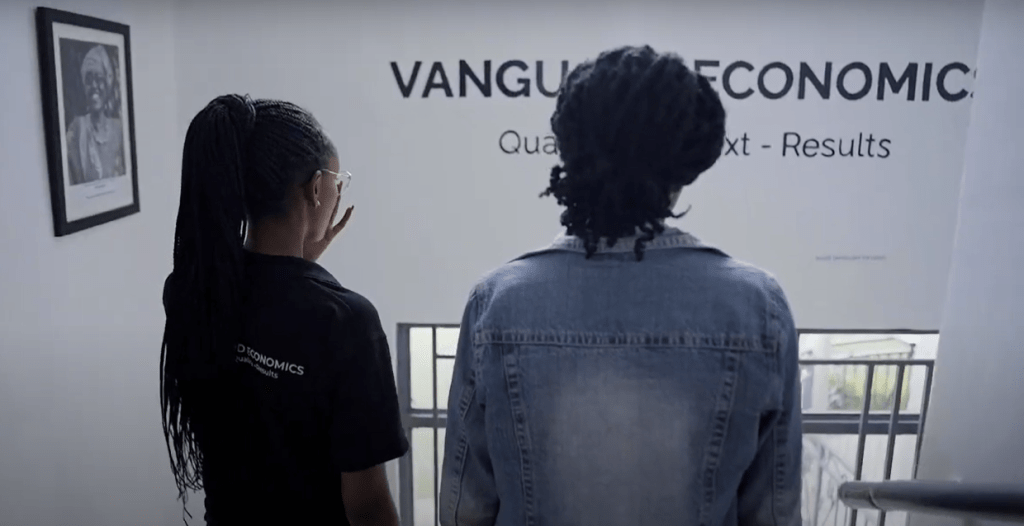
Created in 2015, Vanguard Economics Ltd insists that it “delivers top-tier research, advisory and implementation services for Africa from within Africa”.
Its vision is of “a future where populations shape their own destiny” – very much playing the anti-imperial self-determination card – and its mission is to “identify, design and implement homegrown solutions to the challenges populations face on their path to sustainable and inclusive prosperity”.
Sustainable and inclusive prosperity – a phrase which really makes my skin crawl!
It adds: “Our work is focused on maximising the impact private sector development, trade & logistics, and the commercialisation of agriculture can have on delivering transformation for markets and populations across Africa”.
Maximising the impact of private sector development, commercialising agriculture and “delivering transformation” of African peoples?
Isn’t there a slight contradiction here with the notion of “a future where populations shape their own destiny”?
It turns out that Vanguard Economics Ltd’s idea of letting Africans decide their own fate is to recruit them to work for their international financial project and pretend it is all a home-grown initiative.
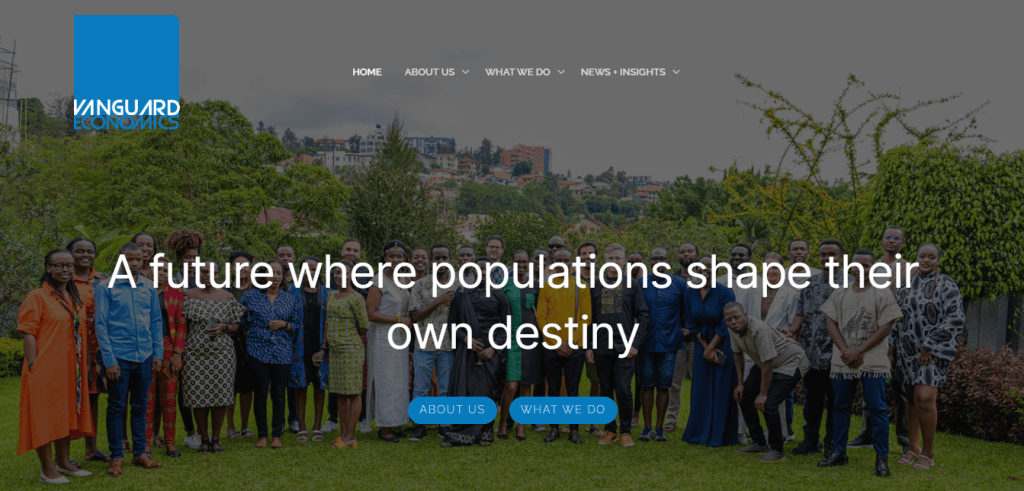
It pursues policies “designed to nurture the next generation of Rwandan thinkers and leaders” and says that it was founded on the understanding that “social change is not a project that one group of people carries out for the benefit of another”.
Rather for the benefit of themselves, while only pretending to do so for the benefit of the other, perhaps?
The reality of Vanguard Economics Ltd’s interest in Rwanda is made clear by the way that it regards young people, who make up over 60% of the total population, as “valuable resources for the country’s development” – as human capital, in other words.
Vanguard Economics says it “specializes in quantitative and qualitative data collection for development in East Africa” and in “impact modelling and assessments for development partners”.
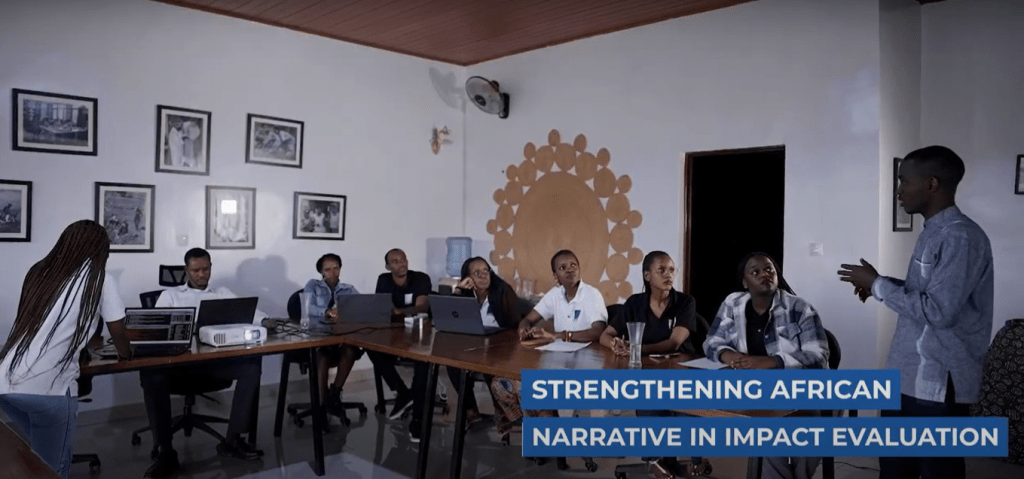
What this means is that it hopes to milk the financial value of Rwandan youth, for its own benefit, via impact capitalism, the public-private digital slavery system which lies at the heart of the global mafia’s “sustainable development” agenda.
In 2023 it launched the new Vanguard Economics Young Impact Associate scheme, a “paid fellowship focused on laying the foundations for a successful career in the field of Monitoring, Evaluation and Learning (MEL)”.
This “aims to create 30 million dignified and fulfilling jobs for young people in Africa by 2030″.
It is funded by, and implemented in partnership with, the Mastercard Foundation, a Canada-based organisation currently targeting Africa through its Young Africa Works scheme and which liaises closely with the United Nations Sustainable Development Group.
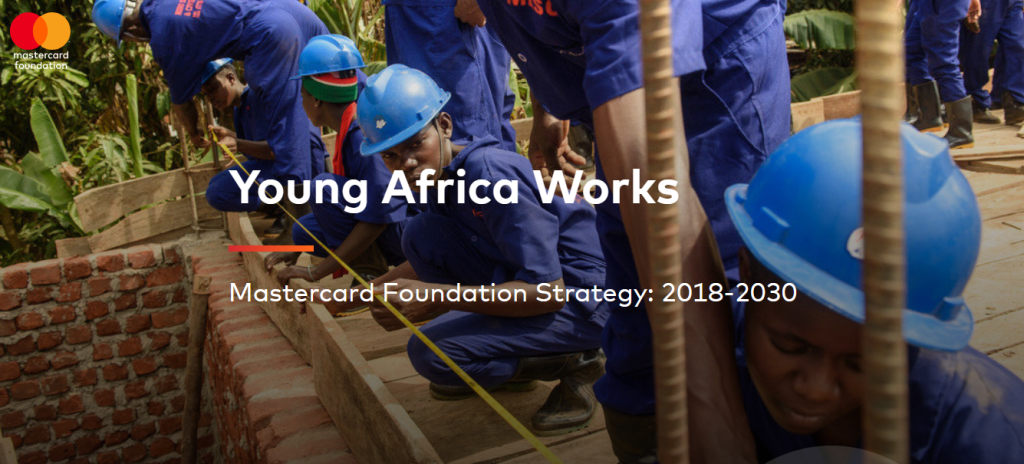
As its name suggests, the Foundation was set up by the global financial corporation Mastercard.
But don’t let that make you imagine that it is not motivated by the finest of philanthropic principles!
Describing itself as “a funder, a convenor, and a catalyst for change in Africa”, it declares: “The young people of Africa will determine their future. They are leading the way. With the right planning and policies, they will transform a vibrant continent into a powerhouse for global prosperity”.
Being put to work to provide a major new source of prosperity for the global money-power? Is that really the future of which young Africans dream?
The Young Impact Associate scheme is not only being rolled out in Rwanda, with Vanguard Economics, but also in Senegal, Ghana, Nigeria, Ethiopia, Uganda and Kenya.

In Nigeria, one of the other organisations involved is an outfit called Global Integrity, based in Washington DC, USA, which “connects frontline actors and global players to help them navigate complex governance challenges with a systems change mindset”.
A keen “partner” of Vanguard Economics in its recruitment efforts is a firm called Bridge2Rwanda or The Bridge 2 Talent.
This was founded in 2007 “to accelerate Rwanda’s growth by encouraging global direct investment”.
It says of its database of professionals: “This pipeline of talent is the key to achieving Rwanda’s ambitious Vision 2050 and establishing the country as [a] market-driven, middle-class economy and model for all of Africa”.
Under the heading “Accelerating Rwanda’s Economy”, it adds: “The BRIDGE is committed to ensuring that global investors have the resources and talent they need to achieve their long-term, strategic goals”.
You can’t get clearer than that!
I was interested to note that one member of The Bridge’s team, Vanessa Nkesha, is also vice-curator of the Kigali hub of Klaus Schwab’s Young Global Shapers, the WEF’s worldwide “youth” organisation which I wrote about in 2021.
Vanguard Economics Ltd is listed as “privately held” so it’s not easy to prove who is ultimately behind it.
It was founded by the not-very-African Mads Knudsen, (pictured) who formerly worked in the World Bank and Development Section of the Danish Embassy in Washington, DC, and for the Department for UN and Global Development in Denmark’s Ministry of Foreign Affairs and was once a board member of Oikos Bank.

And managing director Kato Kimbugwe previously worked as a “private sector development advisor” for the UK’s Department for International Development, “helping to deliver private sector development and growth objectives in the British Overseas Territories”.
However, while its direct ownership may be hidden from public view, the firm’s list of 23 “partners and collaborators” not only gives us a clear indication of its allegiances, but also helps us identify some of the cogs that make up the corrupt contemporary machine of global greed and control.
These organisations are:
UNDP. The United Nations Development Programme, which “plays a critical role in helping countries achieve the Sustainable Development Goals”. Its Strategic Plan 2022-2025 promises “solutions for greater impact”, adding: “Powerful enablers – strategic innovation, digitalization and development finance – will further accelerate and scale results”.
UNECA. The United Nations Economic Commission for Africa says it wants to “achieve accelerated job creation, sustained economic growth and prosperity through leveraging the role and resources of the private sector, promoting innovative financing solutions and creating the environment in which private sector investments for agribusiness, energy, infrastructure, and other sectors can become viable”.
IFC. International Finance Corporation, part of the World Bank Group. It says: “As pioneers in impact investing, we fuel growth where it’s needed most. Our strategic capital empowers visionary entrepreneurs to bring sustainable solutions to scale”.

Trade Mark East Africa. Funded by the development agencies of Belgium, Canada, Denmark, Finland, Netherlands, Norway, UK, and the USA, it “seeks to increase trade by unlocking economic potential anchored on 2 key outcomes: reduced barriers to trade and improving business competitiveness”.
Development Bank of Rwanda. “Maximazing the development impact“, as it puts it, it is facilitating the emergence of a “vibrant private sector” under the “guidance” of the National Bank of Rwanda, which is believed by researchers to be owned and controlled by the Rothschilds.
Sida. Sweden’s government agency for “development cooperation” says it invests in “sustainable development for all people”. It collaborates with several organisations and “a large part of the support goes to various UN agencies and the World Bank”.
Irish Aid. Boasts that Ireland has an “expanding development cooperation programme” which has “a particular focus on sub-Saharan Africa”. It adds: “The private sector is increasingly playing a key role in achieving development outcomes”.
Institute of development studies. An “independent charity” based at the University of Sussex, UK, it says: “Through equitable and sustainable partnerships, we work with governments, philanthropic foundations, non-governmental organisations, academics and civil society to transform approaches to progressive social, political and economic change”. Its “impact” includes “long-term development” and “economic growth” in Rwanda.
Access to Finance Rwanda. Set up in 2010 by the UK and Rwandan governments, it is also funded by the Mastercard Foundation, Sweden and Jersey Overseas Aid. “AFR’s strategic focus is stimulating the financial sector development by partnering with financial institutions and other stakeholders to increase access to and use of quality financial services”. It is part of the FSD network, “a family of Financial Sector Deepening programmes” seeking “inclusive growth” in Africa, “guided by the imperatives of the United Nations’ Sustainable Development Goals”. FSD funders include the Bill & Melinda Gates Foundation.
GIZ. Deutsche Gesellschaft für Internationale Zusammenarbeit GmbH. “We are guided by the principles of our social order, act in the interests of Germany and, first and foremost, support the development policy of the German Government”. In Rwanda GIZ “provides advice on developing the local pharmaceuticals industry, including the production of vaccines”.
Oxfam. International charity, posing as corporate-critical, which urges “lifesaving aid” to Africa because of “the impact of the war in Ukraine on global food systems”. Its line on Covid: “To end this pandemic, we need a vaccine that is free, fair, and available to all. We need a People’s Vaccine”.
RTI International. A US-based “independent” research institute dedicated to “improving the human condition” by means of “science-based solutions”, insisting that “AI enhances our capabilities and services”. A member of the Global Health Security Agenda Consortium Steering Committee, it says: “Our high-impact, life-saving responses range from strengthening surveillance and health information systems for rapid detection of infectious diseases to supporting vaccine roll-out”.

Enabel. The development agency of Belgium’s federal government, it seeks “a sustainable world where all live under the rule of law” and focuses on “digital governance”, such as “digital civil registries and digital identity”.
GSMA. Global System for Mobile Communications Association, an organisation which “represents the interests of mobile network operators worldwide” and advances the UNSDGs by “accelerating innovation in digital technology”.
Nathan. Economic consulting firm with International Development offices in Arlington, Virginia and London, UK. It is now part of Cadmus, a global business with “drive for impact” which aims to “leverage transformative technologies” via more than 1,000 worldwide “consultants”.
spark. A Dutch-based “independent” international development organisation, which wants to create “impactful jobs” for youth and “boost entrepreneurial ecosystems”. Its Strategy 2030 is “aligned with the UN Sustainable Development Goals”. Of course!
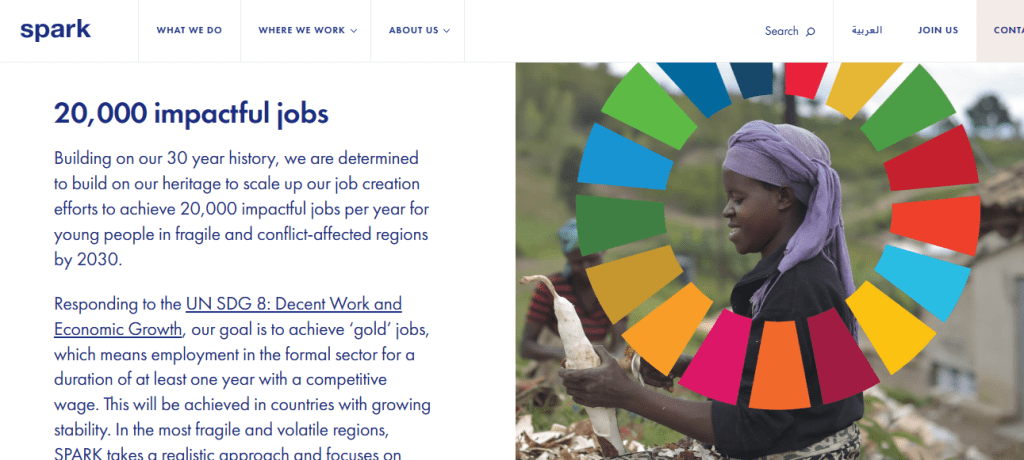
USAID. Declares itself to be “the world’s premier international development agency and a catalytic actor driving development results”, whose work advances “U.S. national security and economic prosperity” and, apparently, “demonstrates American generosity”.
World Food Programme. An executive member of the UN Sustainable Development Group, a consortium of UN entities that aims to fulfil the UNSDGs. Since 1992, all executive directors have been American.
World Vision. An international US-based “Christian humanitarian organization” supporting “transformational development“. Boasting that it is The World Food Programme’s “largest food distribution partner”, it aims to make “a life-saving impact” (that word again!).
African Development Fund. The concessional window of the African Development Bank Group, “at the center of Africa’s transformation“. On Monday August 14, 2023, The Financial Times revealed that the ADB’s $55m “anti-corruption” fund had been unused for seven years and it had failed to deploy any of the money reserved to fight graft on the continent. The report adds that this “could raise questions about the efficiency of an institution through which western governments channel billions of dollars to development projects”.
Message House. A UK-based “research and communications consultancy” whose mission is to use “smart insight” for “narrative development”. Clients include the Tony Blair Institute for Global Change. Founder and managing director Matt Carter was, as secretary general of the UK’s Labour Party, involved in the Cash for Honours scandal, and was UK CEO of Burson Marseller (now Burson Cohn & Wolfe), a PR firm notorious for supporting the chemicals industry and whose main institutional shareholders include two sections of Vanguard, the global entity whose relationship to Message House “partner” Vanguard Economics Ltd remains obscure!
Rockefeller Foundation. US “philanthropic” entity which says it is “making big bets that promote the well-being of humanity in the 21st century” and “channeling private capital toward deep social impact”. It seeks “more inclusive global growth” and “long-term investment prospects” by taking “pioneering risk through catalytic capital investments”. It gave more than $400,000 to Vanguard Economics Ltd in Rwanda in 2020 and another $100,000 in 2021.
World Bank. Very interested in “human capital” and in “human capital-led economic growth in Africa“. A typical agenda item at its July 2023 summit in Tanzania was: “Africa’s prosperity depends on youthful demographics. How can Africa utilize its young population fully to achieve Agenda 2063?”
We can see quite plainly here how the UNSDGs form the basis of a long-term global development “structure plan”, aimed at accelerating industrialisation and control, not least in Africa, whose land and peoples are seen as being ripe for exploitation by financial imperialists.
The “good causes” championed by the UNSDGs really represent industrial-financial sectors, whose profit-seeking efforts are aided and abetted by global institutions and national governments dedicated to promoting this virtue-signalling agenda.
Public money supposedly deployed to “fight poverty” or “save the planet” is in fact being used to build a nightmarish “smart” world, an all-inclusive digital slave-labour camp in which both human and natural capital are sources of sustainable enrichment and power for the global parasites.
One single multi-faceted self-concealing worldwide public-private empire is behind this vile agenda.
Its power is great and its pockets deep, but its core movers are few and in order to succeed they need to hide their corrupt monopoly from the rest of us behind a convincing do-gooding facade.
Since 2020, many cracks have been appearing in this facade.
As writer and commentator Neil Oliver asked on the same day as Vanguard Economics Ltd issued the post that prompted this article: “When enough people realise they’ve been had, all their lives, by corrupt, lying, politicians and captured institutions bought and paid for by criminal, unelected, unaccountable transnational entities… what then?”

According to Google’s former ‘Godfather of AI’ Geoffrey Hinton, AI could soon flood the internet with fake photos, videos and texts.
Hinton said the fakes would be of a standard where the average person would “not be able to know what is true anymore.”
In this regard, Australia’s school curriculum chief David de Carvalho has warned of a “dystopian future” for children struggling to separate fact from fiction.
He said students needed the “knowledge and wisdom” to detect lies, error, bias and deep fakes generated by AI.
Sentiments about the need for wisdom sound good, but the horse has already well and truly bolted and is somewhere beyond the next mountain range.

‘Reality’ for today’s children is a mix of the online virtual and the physical world, and the virtual has been claiming more and more mental real estate.
The entire population of many countries, but especially in the West, have been subjected to decades of sophisticated behavioural management (remember what happened during COVID) and social engineering that has splintered community and destroyed the ‘common sense’.
That has given rise to the era of the random unit ‘individual’ and made us more susceptible to external influence, with much less organic input from lifelong family, friends and trusted wise sources.
Anyone who understands the nature of political power and control, will appreciate that the so-called ‘truth’ is not always what it seems.
This is the manufacture of consent for the agendas of the powerful in government and big business via ‘narrative control’, ‘perception management’ and regulating ‘disinformation’.
Of the world’s leaders, it was Russian President Vladimir Putin who first called attention to the promise and peril of AI.
In 2017 he stated: “Articial intelligence is the future, not only for Russia, but for all humankind. It comes with colossal opportunities, but also threats that are difficult to predict.
“Whoever becomes the leader in this sphere will become the ruler of the world.”
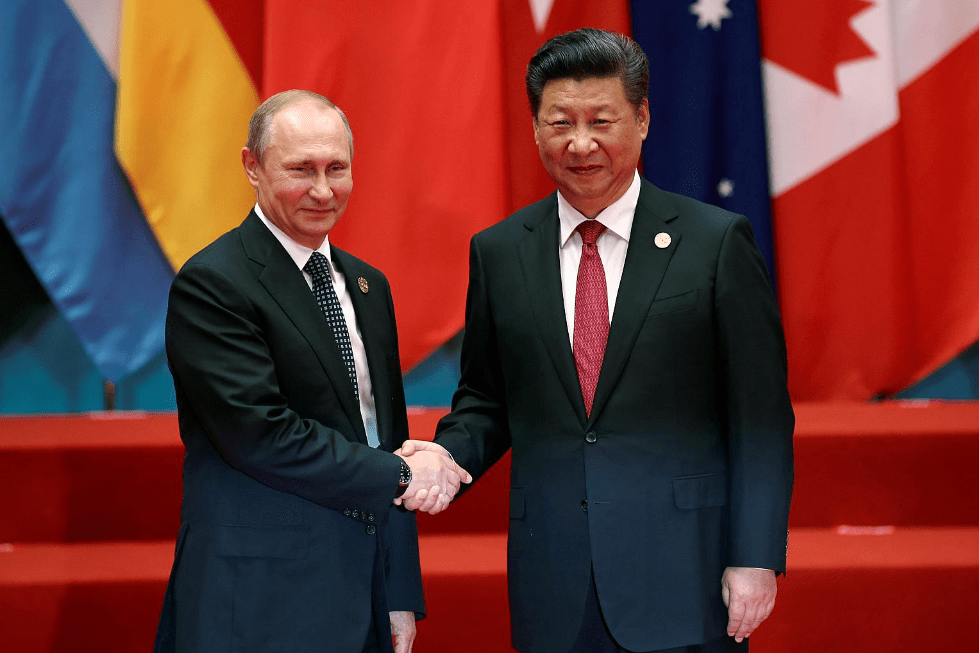
As a result of geopolitical developments and the emerging multipolar world, Russia and China have forged closer ties in recent years.
During their meeting in Moscow on 21 March 2023, Putin and Chinese President Xi Jinping issued a joint statement that included the following: “By combining our wealth of research capacity and industrial capabilities, Russia and China can become world leaders in information technology, cybersecurity, and artifcial intelligence (AI).”
Excerpt from ‘Global AI-pocalypse’ by Jason Jeffrey in New Dawn No 199, July-August 2023.
3. Down with the techno-dictatorship!

“The WHO is going to use the EU’s digital Covid certificate to launch a global digital certification system, thanks to an ‘historic’ agreement signed on Monday”. AFP, June 5, 2023.
After the Covid episide, the technocracy is not lowering its guard but instead pushing forward its pawns.
“The Covid pandemic showed the importance of digital health solutions to facilitate access to health services”, explained the WHO’s leader at the signing ceremony.
“The WHO’s chief also explained that the European pass would be transformed into part of the global commons”.
Because the techno-dictatorship is going to be brought in for your good, and that of the planet, it will be founded “on the principles of equity, of innovation; of transparence and the protection of data and private life” – and to the applause of those who dream of being slaves.
The European commissioner for digital affairs, Thierry Breton, enthuses: “With 80 countries and territories connected to the EU’s Covid-19 certificate, the EU has established a global norm”.
Remember that [French president Emmanuel] Macron insisted on April 30, 2021: “The vaccine passport will never be a right to access that discriminates between French people”.
Two years ago that seemed to make sense.
The worst pandemic of all is that of techno-totalitarianism. Heedless of borders, it spreads in our heads faster and more surely than a plague.
Translated from La Décroissance, July-August 2023
4. Georges Lapierre: an organic radical inspiration
The latest in our series of profiles from the orgrad website.
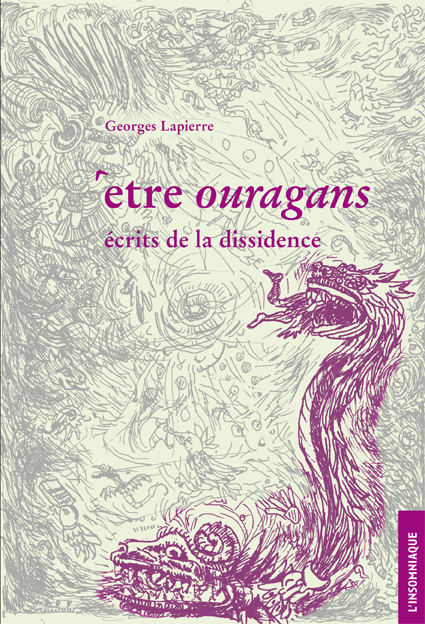
“Violence is at the heart of capitalism. To submit to the capitalist system, consciously or not, is always to do violence to yourself”
Georges Lapierre is a contemporary critic of Western capitalist society who moved from his native France to Oaxaca, Mexico.
In 1987 he co-authored, with Yves Delhoysie, the book L’Incendie millénariste, an account of historical uprisings including the Münster rebellion of 1534 and the 17th century radicals of the English Revolution.
More recently he has written works focusing on Mexico and indigenous cultures, including Invitation au voyage: Rencontre avec des indigènes zapatistes (1999) and La Commune d’Oaxaca (2008).

In his 2015 book être ouragans: écrits de la dissidence (being hurricanes: dissident writings) he explained that what marked our contemporary Western civilization, and separated it from other cultures past and present, was that it was an entirely mercantile culture.
This did not just involve the way it organised itself, but the way it saw and the way it thought, he said. The “cosmovision” of our society was based entirely on money: “In a mercantile society we are all merchants, our heads are filled with the thoughts of big capitalist merchants, we all think about money”. (1)
He equated mercantile thinking with a virus creeping into the social organism, silently spreading gangrene until the whole of society was corrupted.
Echoing Ferdinand Tönnies’ distinction between Gemeinschaft and Gesellschaft, Lapierre described the mercantile attitude as amounting to a separation of the individual from the collective. This stranded individual became nothing more than a helpless slave to the system.

He wrote: “From time immemorial, the slave has been the one reduced to being nothing but an individual, someone separated from their community or from their people, someone who is no longer driven by their own thought (in other words, the thought of the collectivity to which they belong) but by that of their master”. (2)
Lapierre expressed astonishment at how this had ever come about, at how a mentality so alien to every healthy human culture could have come to dominate the species.
He wrote: “Let’s not forget that in a traditional society the merchant is the stranger, the one who doesn’t respect the rules of the social game, and here we have this being who has set himself apart from society, who doesn’t take part in the interplay of mutual obligations and who only acts in his own interests, and is now poised to conquer the planet”. (3)
Lapierre made it clear that this mercantile domination was not something that had evolved peacefully or somehow emerged naturally through any kind of consensus. The capitalist world-view had always been imposed by force.
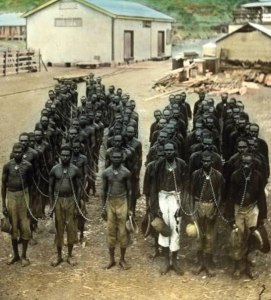
He cited the example of Australia, where “the Aborigines had to submit to the idea of exchange held by the British colonists, or else disappear: massacres, deportations, reserves or concentration camps; the indigenous people and their way of seeing the world do not interest the British colonists, they are wiped out or fenced in”. (4)
Again and again, said Lapierre, “absolute violence” had been used to impose the rule of money: “Violence is at the heart of capitalism. To submit to the capitalist system, consciously or not, is always to do violence to yourself”. (5)
Because of this, simply reforming the industrial capitalist system was not an option, because the system was never going to stand by and let that happen.
He said: “Those who have power are obliged to exercise it, or else it will disappear. It is completely absurd to ask them to slow down their movement, which would be like asking them to commit suicide, which they do not seem ready to do.
“They prefer to drag the whole planet down into the torment which awaits us, in a collective catastrophe, a social disaster on a planatery scale, rather than to give up one ounce of their power, because giving up an ounce of power is giving up all their power”. (6)

He also described the deceit which, as part of the domination of mercantile thinking, involved the hiding of the mercantile nature of our society, the induced forgetting of the notion that there could ever be another way of living.
This lack of consciousness was one of the veils that prevented us from understanding our society – the others included inadequate critiques of our contemporary society which did not embrace this fundamental problem of a mercantile mindset.
One of these inadequate critiques was Marxism, said Lapierre. He pointed out that Marx’s analysis of capitalism came very much from within the capitalist system itself and thus remained trapped inside the mercantile cosmovision: “In fact, Marx never challenged the form of exchange with which he and his contemporaries were already familiar. He grasped its workings, and criticised them, but he didn’t criticise its spirit, or barely so”. (7)
Lapierre concluded that authentic opposition to capitalism could never arise from within a broadly capitalist mindset and could never merely amount to attempts to reform capitalism, to make it nicer and more liberal or to place it under the control of a different group of people.
What was needed was a total rupture with the current mercantile, capitalist civilization, by attacking the physical infrastuctures of the system.
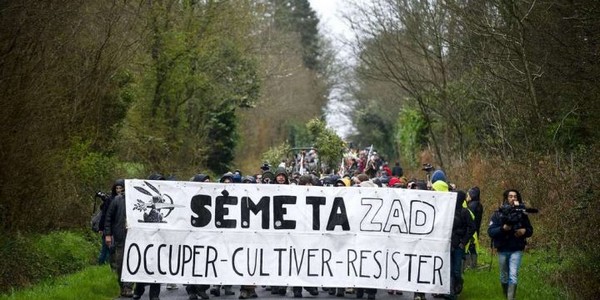
He wrote: “It’s not about winning power and taking over the state, but about fighting power, opposing any project coming from above or elsewhere.
“It’s on the terrain of resistance to a capitalist project – mines, dams, wind turbines, monoculture, factories making consumer goods, high-voltage power lines, motorways, high-speed rail lines, etc – that you can judge the reality and validity of a struggle, its authenticity.
“All other forms of action – fights against poverty, for decent wages, for jobs, for access to goods, for shelter, for culture, for fuel, for education, for citizenship, for democracy etc – hand victory to the mercantile world”. (8)
In the 2016 booklet Les ours prennent souvent la forme humaine (Bears often take on human form), Lapierre described the vision of an organic universe held by so-called primitive cultures and based on the individual’s connectedness to community and cosmos.
He wrote: “Man finds himself at the centre of a cosmic-scale communication network, at the centre of a network of universal correspondences. We find that hard to accept”. (9)

Rules for existence that we might regard as moral or social were in fact part of the structure and natural harmony of this organic cosmos, he said. (10)
But Western culture had not respected those rules: “For our part we have broken the primordial pact and are paying this price for that on every level: social disintegration, spiritual blindness, the overturning of the cosmic environment. Human life will become impossible”. (11)
Audio link: Georges Lapierre, Radio La Locale (1hr 2 mins)
1. Georges Lapierre, être ouragans: écrits de la dissidence (Montreuil: L’insomniaque, 2015) p. 206.
2. Lapierre, être ouragans, p. 84.
3. Lapierre, être ouragans, p. 276.
4. Lapierre, être ouragans, p. 381.
5. Lapierre, être ouragans, p. 392.
6. Lapierre, être ouragans, pp. 343-44.
7. Lapierre, être ouragans, p. 351.
8. Lapierre, être ouragans, p. 440-41.
9. Georges Lapierre, Les ours prennent souvent la forme humaine, p. 18.
10. Lapierre, Les ours prennent souvent la forme humaine, p. 10.
11. Lapierre, Les ours prennent souvent la forme humaine, p. 11.
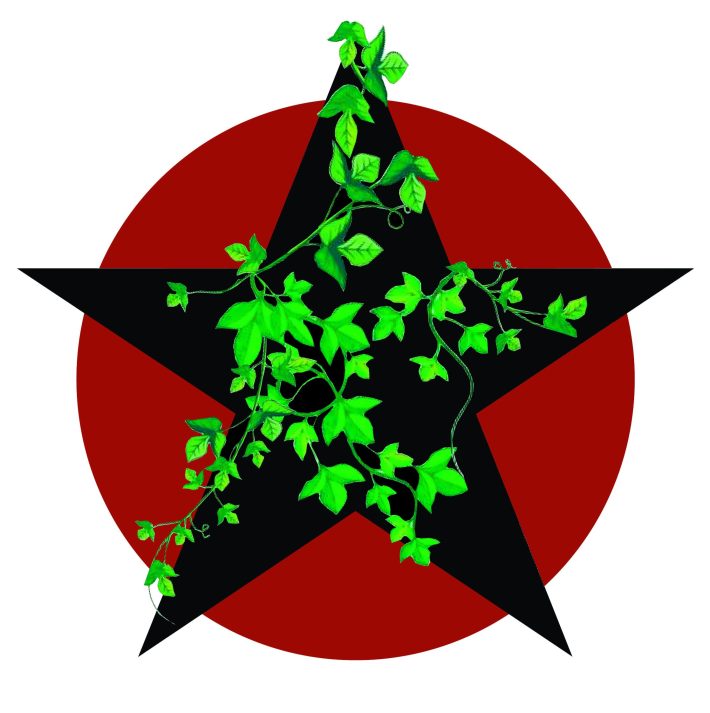
“The situation could not be more grave. Fascism IS back. It is here already. And at least some of the responsibility for this falls on the forces of the supposed anti-fascist left who have not lived up to their historic duty”. So warn German group Freie Linke Zukunft (Free Left Future) in a piece translated by the UK’s Real Left.

* * *
“The Campaign Against Antisemitism has been embraced by mainstream media as if it were entitled to speak for every Jew in the UK”, complains an article on the Jewish Voice for Labour website describing attempts to ban the film The Big Lie, which exposes the fraudulent campaign against former Labour Party leader Jeremy Corbyn.

* * *
“We can already see how the tech industry has been incentivized to push our society in the direction of isolation because it serves their business models”, writes Paris Marx on the Disconnect website. He adds: “The tech industry always wants us to see its products as inevitable. But this is another moment where we need to recognize that isn’t true, and we do have the collective power to stop technologies that don’t serve us”.

* * *
“Most of the large landholders are substantially indebted to Western funds and institutions, notably the European Bank for Reconstruction and Development (EBRD) and the World Bank”, explains a report on Ukraine by the Oakland Institute. This is the blueprint for how the global criminocracy aims to gain control of everything!

* * *
“Whole layers of myth, of complex narrative and imaginative modes of reflection, avenues of growth and experience that depend on the lived immersion in the immutable realities of sex, are lost”. Brilliant article by Laughlyn (Johan Eddebo) exploring how the very notions of the essentially male and essentially female have been rejected by the contemporary culture of artifice.

* * *
A thought-provoking article by The Stirrer asks whether the high-rise blocks shooting up everywhere are part of the construction of “dystopian 15 minute cities where it’s easy for the authorities to monitor and control what we do”.

* * *
A highly useful resource for Covid jab sceptics has been produced by Dr Lidiya Angelova. She writes: “Tired of hearing that the deaths & adverse reactions to so-called COVID-19 vaccines are a conspiracy theory or rare, I decided to create a list of only science, ‘fact-checked’ mass media & gov’t articles that demonstrate the truth”.

* * *
“Dissident voices will be ‘deamplified’. We will be ‘free’ to post whatever we like, but we will be talking to no one, in a digital void, which most people won’t even know exists”, warns C.J. Hopkins in an August 14 examination of “The ‘Free-Speech Twitter’ PSYOP”.

* * *
You can listen to a 90-minute audio of Winter Oak’s Paul Cudenec reading passages from his books The Withway and The Great Racket, at a Real Left event in London, plus the Q&A session, here. His latest video conversation with Tessa Lena can be seen here and his August 2023 appearance on Rick Munn’s show on TNT Radio can be heard here.

* * *
While some risk wandering uselessly into the dead-end of defeatism in the face of the powerful global mafia, former England football star and TV pundit Matt Le Tissier is spreading a defiant message of resistance. He says in this video interview with Ash Mahmood: “There is a strong fightback going on. Yes, there is some evil at play in the world but you also have to realise that there’s a lot of good people on this planet as well and we are coming together and we will fight this and we will win!”

* * *
“We can see how the concentration of production and capital in the hands of a tiny minority of the world, mostly in the West, has spelled the ruin of traditional lifestyles in every corner of the globe – lifestyles that were organically in harmony with nature and trod lightly on the earth” – Ranchor Prime

(For many more like this, see the Winter Oak quotes for the day blog)
If you like this bulletin please tell others about it. Subscribe by clicking the “follow” button.
—–
Back Issues
Follow Winter Oak on Twitter at @WinterOakPress
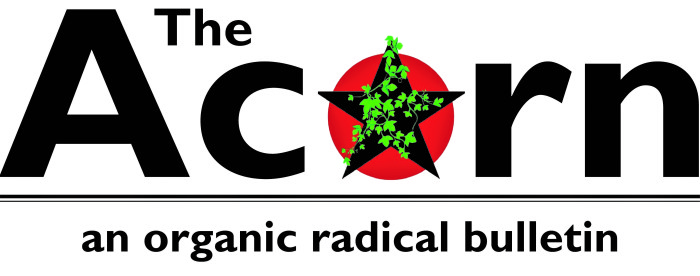


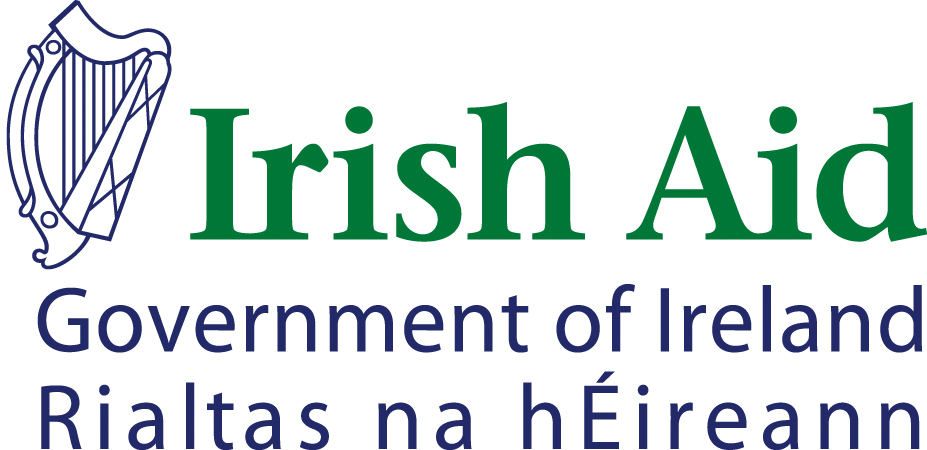
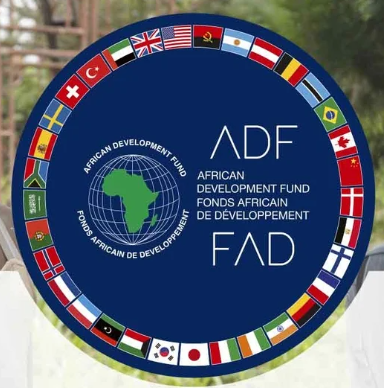



When someone calls it conspiracy theory when I ask eg Was he jabbed?
[Whether a medicine works or not, they all have side effects]
Just realised maybe all I have to say is Have you ever taken medicine?
There’s always these paper inserts in the box.
What’s on them?…
[Expecting the answer list of side effects…]
I was sitting with a friend w/v-damaged daughter at the time!
Best
Robert Allwood
LikeLike